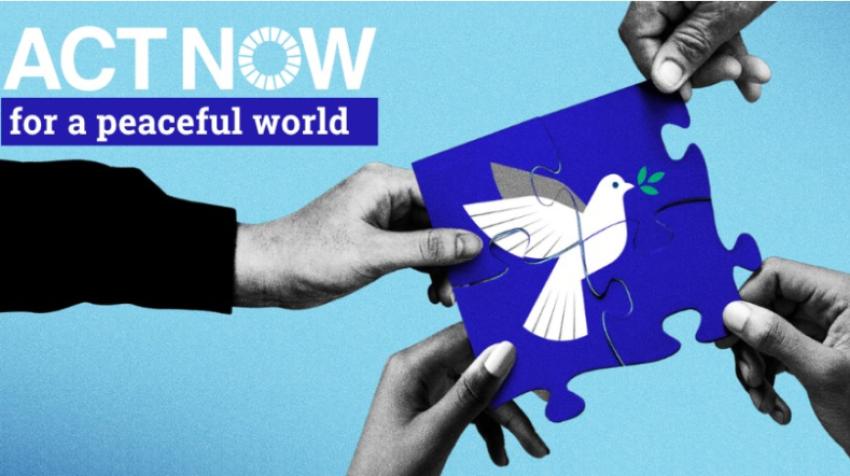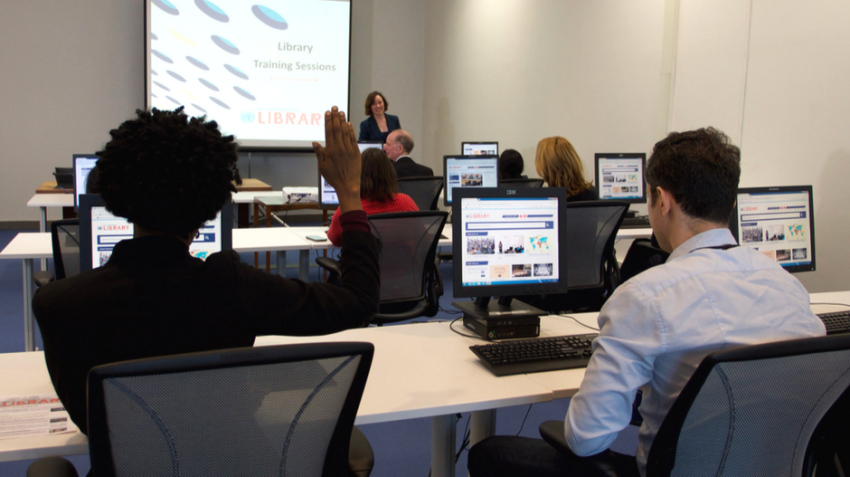Peshavan Saadi is from the Kurdistan region in Iraq. In this interview, he reflects on his journey from a refugee to a humanitarian with the Office for the Coordination of Humanitarian Affairs (OCHA).
Can you tell us more about what led you to work in the humanitarian field?
I grew up witnessing stories of survival, strength and resilience.
As a toddler, my mother carried me across the freezing mountains towards the Türkiye border after we were forced to flee our home following the first Gulf War in 1991, fearing retaliation attacks from Saddam’s regime.
With the little food we could carry but determined to survive, my mother still recalls how the UN arrived with bread and blankets, giving us hope and a lifeline. Those blue flags meant life for us.
Decades later, working with World Food Programme in Iraq, during missions to deliver food assistance to Yezidi families stranded on Sinjar Mountain after escaping ISIS attacks in 2015, I saw mothers clutching their children after going through the worst, waiting in line to get aid, some having lost loved ones due to ISIS’s attack or kidnapping.
It reminded me of my mother’s stories from 1991.
That’s when I realized that I belonged in this field and that I wanted to be part of the system that once saved me and my family, so I could give back by helping others in their most desperate moments.
What led you to New York?
I work on the Syria desk in the Crisis Response Division.
The shift between field and HQ work was big. While in Iraq, I worked closely with Syrian refugees, especially in the largest refugee camp in the country—the Domiz refugee camp in Duhok—which at one point hosted over 69,000 people. I spent over five years working in those camps.
So, while now I miss that direct interaction, I am able to bring that perspective to my desk role, as I know what it feels like to be on the other side of our response.
Because you were a refugee yourself as a child.
Yes. I was barely two when just after the first Gulf War, my mother fled with my sibling and I on foot through the cold mountains, separated from our father as he searched for us, trying to reach Türkiye.
For about a week, we went by with the little food we carried. But many others didn’t survive the freezing weather in the mountains and the lack of food, drinking water, shelter and medical supplies.
When finally, on 3 April 1991, the Security Council authorized relief efforts to reach us, the UN was able to reach us with food, water, medicine and shelter. That saved us.
Without the UN, we wouldn’t have made it. I’m proud to be part of an organization that truly saves lives. That’s not just a slogan—it’s my lived reality.




